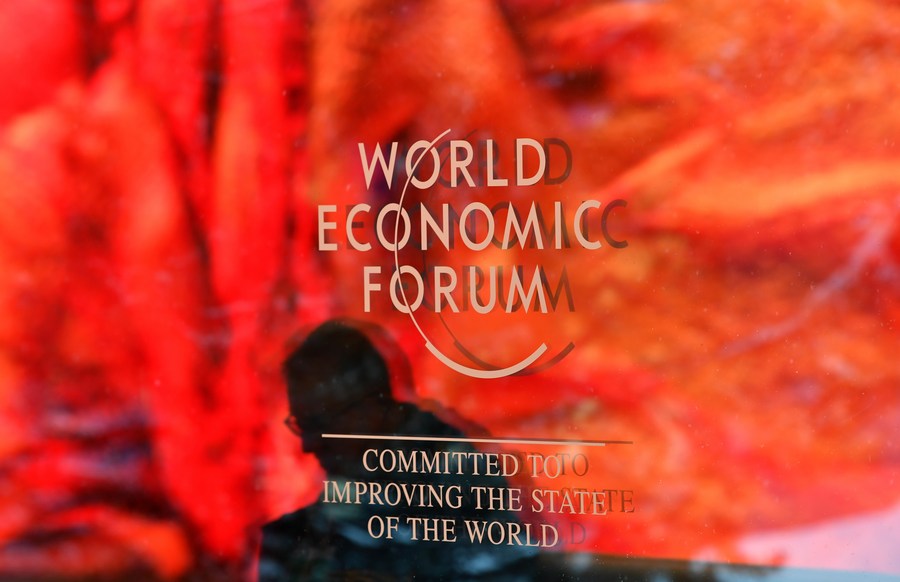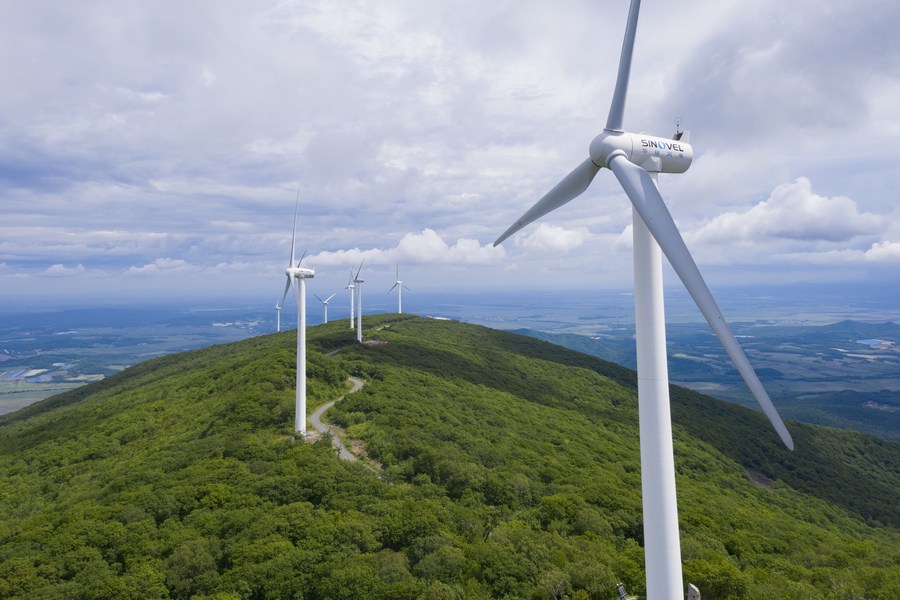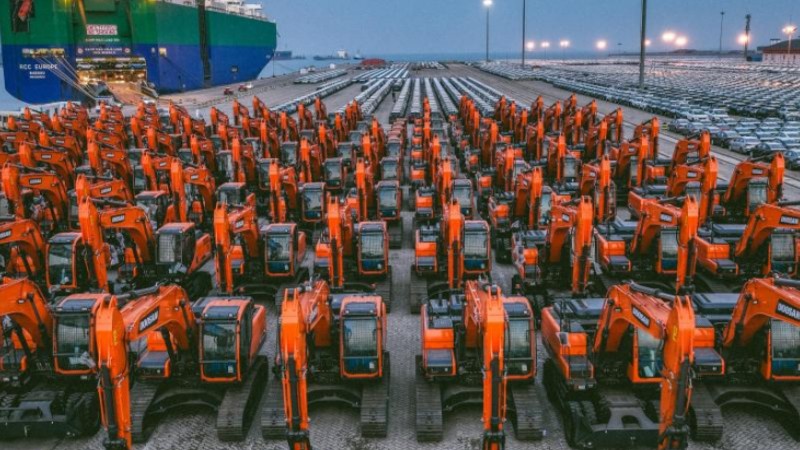Experts at Davos urges energy supply security, green transition

This photo taken on Jan. 15, 2023 shows the logo of the World Economic Forum (WEF) in Davos, Switzerland. (Xinhua/Lian Yi)
Leaders said that the energy crisis comes after a decade of under-investment in legacy energy sources, as well as slow investment in renewables.
DAVOS, Switzerland, Jan. 20 (Xinhua) -- Energy experts at the World Economic Forum (WEF) have emphasized the importance of securing energy supply and the green transition in tackling the energy crisis and building a clean, sustainable future.
The current energy crisis is not the first for some countries, but it is the first at a truly global level, due to the interconnection of energy markets.
Soaring global prices for oil, natural gas and coal have hit consumers hard, combined with rising inflation and disruptions in supply chains at a time when the world was already recovering from the COVID-19 pandemic.
The issue of how to achieve geopolitical stability and energy security was discussed this week at the WEF, which is currently meeting in Davos, Switzerland.
Leaders said that the energy crisis comes after a decade of under-investment in legacy energy sources, as well as slow investment in renewables.

A man fuels a vehicle up at a gas station in Berlin, Germany, Sept. 8, 2022. (Xinhua/Ren Pengfei)
The world "has never seen an energy crisis of this depth and complexity," said Fatih Birol, Executive Director of the International Energy Agency (IEA).
However, he underlined that the global energy emergency has boosted renewable energies, which in turn will reinforce energy security.
Saudi Arabia's Foreign Minister Prince Faisal bin Farhan Al Saud emphasized the need for near-term stability, especially in the world's energy markets. Geopolitical stability is "absolutely key" to global energy security, he said.
"In the meantime, we need to maintain a supply of traditional energies that are priced in a way that ensures stability -- and we will continue to address this in a responsible way," Faisal said.
Energy leaders also highlighted the importance of the "Green transition", calling for the development of renewable energy in order to ensure supply and fight climate change.
Globalization was also emphasized as part of the green transition. Adam Tooze, director of the European Institute at Columbia University, said that "the energy transition is effectively a set of interdependencies."
Meanwhile, Birol said that "the biggest driver of renewable energy growth today is energy security."
In a recent report, the IEA said the world was at the dawn of a new industrial age of clean energy technology manufacturing, and this is creating major new markets and millions of jobs. However, it is also creating new risks, prompting countries across the globe to devise industrial strategies to secure their place in the new global energy economy.
The IEA estimates that the market for mass-produced green energy will be worth about 650 billion U.S. dollars annually by 2030, more than triple its current value.
Faisal said Saudi Arabia is "investing almost 200 billion U.S. dollars in renewable energy at home and abroad" as it brings online more low-carbon technologies.
Many expect key technologies, including wind, solar, batteries, carbon capture and storage (CCS), and hydrogen infrastructure, to continue growing this year as countries look for alternative energy sources.

Aerial photo taken on June 19, 2022 shows wind turbines in Dadingzi Mountain Forest Park in Raohe County, northeast China's Heilongjiang Province. (Xinhua/Xie Jianfei)
China's efforts to push forward the development of renewable energy were underlined at the WEF this week.
IEA Chief Fatih Birol told Xinhua on the sidelines of the Forum that China has a leading role to play in green technologies.
"China today is the biggest driver of clean energy technologies," he said, adding that it is the global leader in solar, wind, electric cars and new nuclear facilities.
According to the report "Energy Technology Perspectives 2023" released by the IEA recently, China currently dominates the manufacturing and trade of most clean energy technologies, and its investment in the sector has been instrumental in bringing down costs worldwide for key technologies.
Photos
Related Stories
- Iranian president says energy, transportation agreements with Russia "constructive"
- Business leaders at Davos optimistic about Chinese economy
- Experts warn of continuing cost of living crisis despite falling inflation
- UN chief calls for bridging divides, restoring trust at Davos
- China's financial system remains stable: vice premier
Copyright © 2023 People's Daily Online. All Rights Reserved.









